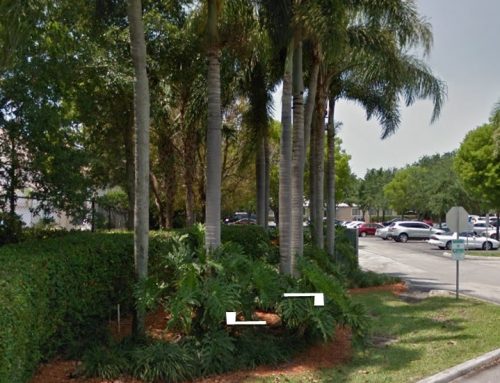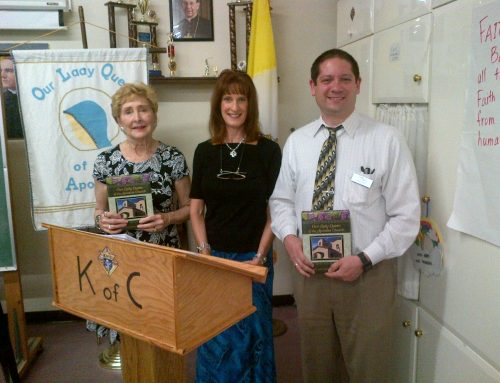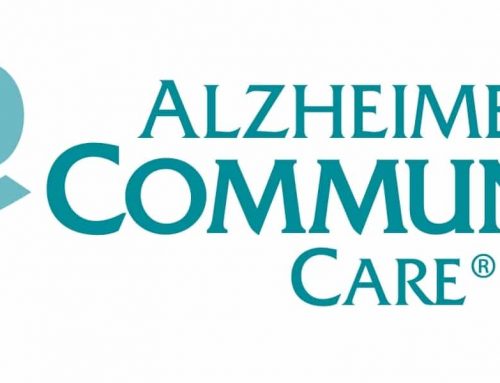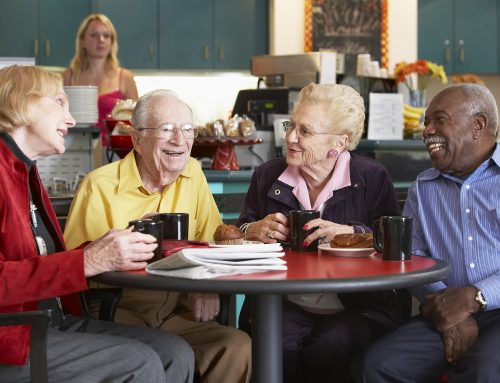I grew up on a small shady street in a suburb of New York City. The neighborhood was comprised of less than a dozen single-family homes, and everyone knew everyone. There were no secrets, but there was a strong sense of community. Even as a child, I could feel it. The residents of School Street looked out for one another.
These days, things are different. My children are growing up on a small street here in South Florida. Their neighborhood is comprised of less than a dozen homes, just like School Street, but nobody knows anybody. If asked to tell you my neighbors’ names, I would probably get less than half of them correct. The residents of my current community mostly keep to themselves.
Sadly, our neighborhood is far from unique. It is becoming harder and harder to find the type of socially-interconnected communities that were so commonplace in the past. This is partly attributable to the fact that the families that comprise neighborhoods tend now to be more transient. School Street was home to several related families. Parents, grandparents, and cousins all lived on the same street and the pull of family kept them there for years. In my current neighborhood, nobody is related and everybody keeps to themselves, and nothing ties the neighborhood together – families come and go with regularity. In crisis, like in the aftermath of a hurricane, we come together. Day-to-day, we don’t. If somebody in my current neighborhood needs help picking up groceries, or getting to a hair appointment, or getting to their doctor, or dealing with a broken-down car, they are on their own. Not necessarily because the neighbors of my street are uncaring; but rather because they don’t know to care. We’re not interconnected. We are a neighborhood, but we are not a community.
Enter the NORC. Naturally Occuring Retirement Communities seek to bring back what existed naturally in prior years; a system of neighbors helping neighbors. More specifically, neighbors helping their senior citizen neighbors. NORCS are springing up across America, including right here in Wellington, where a non-profit organization called Wellington Cares is leading the way. Wellington Cares focuses on the coordination of supportive service programs for all people over age 65 in Wellington, Florida. For older people choosing to remain in their homes and neighborhoods well after retirement, NORCs become an increasingly important lifeline. NORCS like Wellington Cares help to maintain the diversity and health of the communities they serve.
The Village of Wellington is comprised of approximately 20,000 acres in western Palm Beach County. It consists primarily of single family homes, and it has a population of 60,000 residents. By 2015, approximately 16,000 of those residents will be over age 65. There are few available senior facilities in the area, and many of Wellington’s senior residents, having located here to retire from elsewhere, do not have local family to call upon for assistance. The Village of Wellington does have a seniors group consisting of active persons age 65 and older, providing social and educational activities, including limited transportation within the Village for a nominal fee. However, more services, and a greater degree of service coordination, is needed. It is the goal of Wellington Cares to meet that need through the recruitment of volunteers who provide short term services to community seniors who may need temporary assistance to maintain their independence. Volunteer services run the gamut, covering everything from social calls to meal preparation to assistance with housework to letter-writing to programming the DVR to helping with shopping or providing transportation to the doctor. Volunteers work in teams of two, and accumulate service hours in a Time Bank to be used at some future date for themselves or those they might designate as needing help.
My old School Street neighborhood may be a distant memory, with most of its residents long since scattered across the country, but with organizations like Wellington Cares coming to the fore, its legacy lives on.







